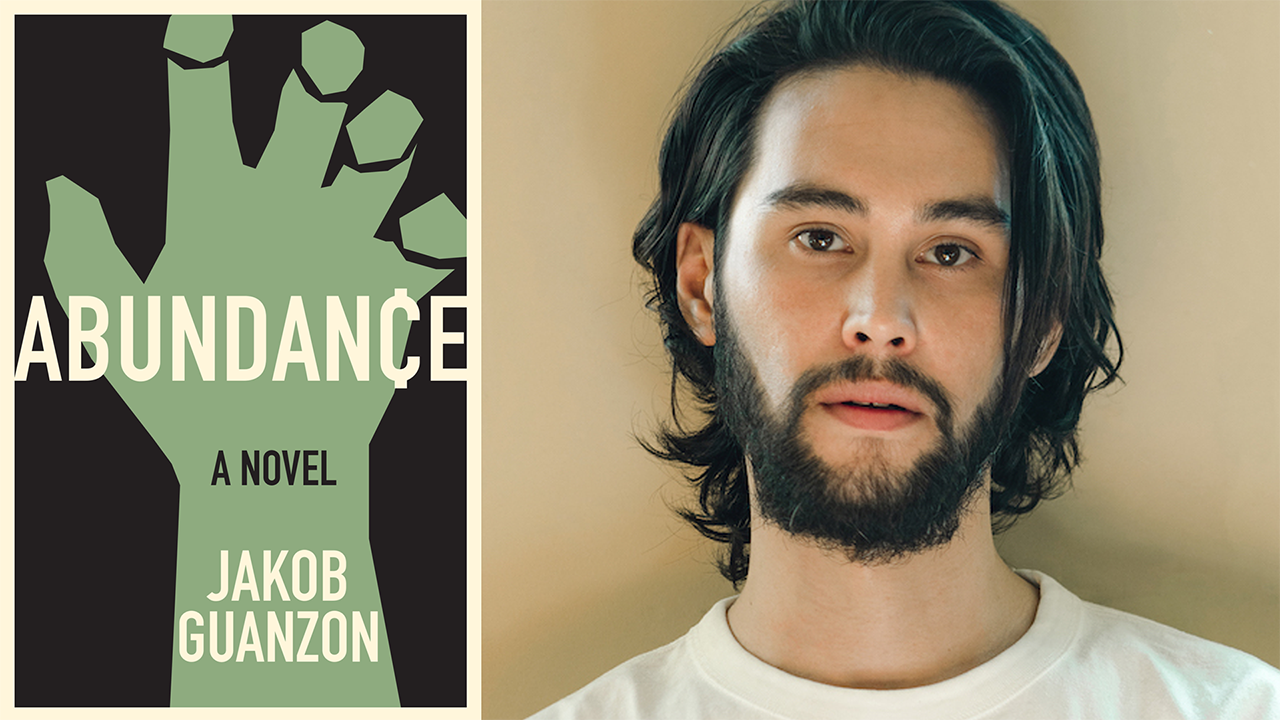In November, Aspen Words announced the longlist for the fifth annual Aspen Words Literary Prize, a $35,000 award recognizing a work of fiction that addresses a vital social issue. The selected books explore questions of freedom and identity, exile and belonging, and are set against the ravages of colonialism, consumerism, and classism. While the jury works on selecting a shortlist, Aspen Words chatted with the nominees about their work, how they view their role as a writer in this cultural and political moment, and the best piece of writing advice they’ve received.

Myriam J. A. Chancy, Ph.D. is a Haitian-Canadian-American writer and professor at Scripps College. Her novel What Storm, What Thunder explores the lives of Haitian characters, linked through family and social networks, as they negotiate the catastrophic outcomes of the Haitian earthquake of January 12, 2010.
How do you view your role as a writer in this cultural and political moment?
This is a great question. Personally, I see the role of the writer today as one that can illuminate various issues of pertinence to our lives, whether that is to shed light on a political or social issue, a historical event or time period, or uncovering the realities of underrepresented groups or of individuals struggling within the mainstream. What fiction writers can do, in particular, is to provide the terrain to make their readers feel something about these issues, whatever the chosen topic, by personalizing and humanizing them through narratives that bring the author’s topic alive for their readers in ways that will make it impossible for them to look away from the topic or to feel indifferent towards it, whatever emotions the story has raised for them (which is beyond the author’s control). The literature should move the reader in one way or another and spark thought. It’s meant to jolt one out of complacency, hopefully towards greater awareness.
What inspired you to write What Storm, What Thunder?
Well, this is a novel that I did not expect to write. It was the furthest thing from my mind at the time of the earthquake and for the weeks and months after it in which I was engaged in giving talks all over the US on its consequences. What changed my mind, or moved me to do so, was noticing, on the one hand, that the earthquake—its catastrophic nature and its aftermath—had moved out of popular consciousness within a few years, and on the other, that both Haitian and Caribbean cultural workers (writers, singers, painters) had begun to produce works reflecting on the earthquake. I then realized that I could put my skills as a writer to use, to bear witness to what many had experienced during the earthquake and were still enduring after it. When I reached the point of embarking upon the project, I also reflected on all the exchanges I’d had with people who had commiserated with me after talks and shared their stories of that period. Though none of these stories form the basis for storylines in the novel, they did inform their emotive sensibility.
What is the core tenet of your book’s philosophy?
That we should not look away from the pain of others and that we should strive to understand how the struggles of anyone are related to our own. Whether we like it or not, our histories, global and local, are intertwined. If we realized this more, we could better make the connection between our national and personal realities.
What’s the best piece of advice you’ve received on writing fiction?
When I was seventeen, I wrote to Raymond Carver to ask for advice in the writing of fiction. He wrote me back via his partner at the time, Tess Gallagher. The card they wrote gave me 3 pieces of advice which I’ve followed and passed on ever since: 1) Read poetry: it will make your fiction better; 2) Revise, revise, revise; 3) If you smoke, stop; if you don’t, don’t start and tell everyone you know to do the same. Very shortly after I received that card, Carver died of lung cancer after having stopped smoking ten years prior.
What are you currently reading?
So many things! I read a lot of things at once, across different genres. Right now, I have open:
Natasha Deon, The Perishing
Matthew Saleses, Craft in the Real World
Achille Mbembe, Out of the Dark
Bryant Terry, Black Food
E.J. Koh, The Magical Language of Others
My TBR list is quite long, but that’s what I’ve been reading lately.


